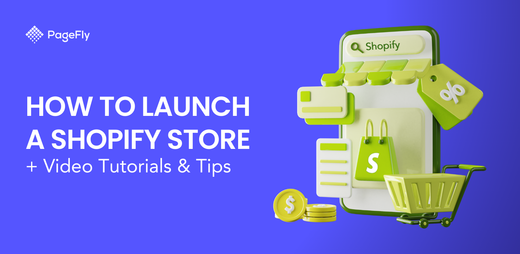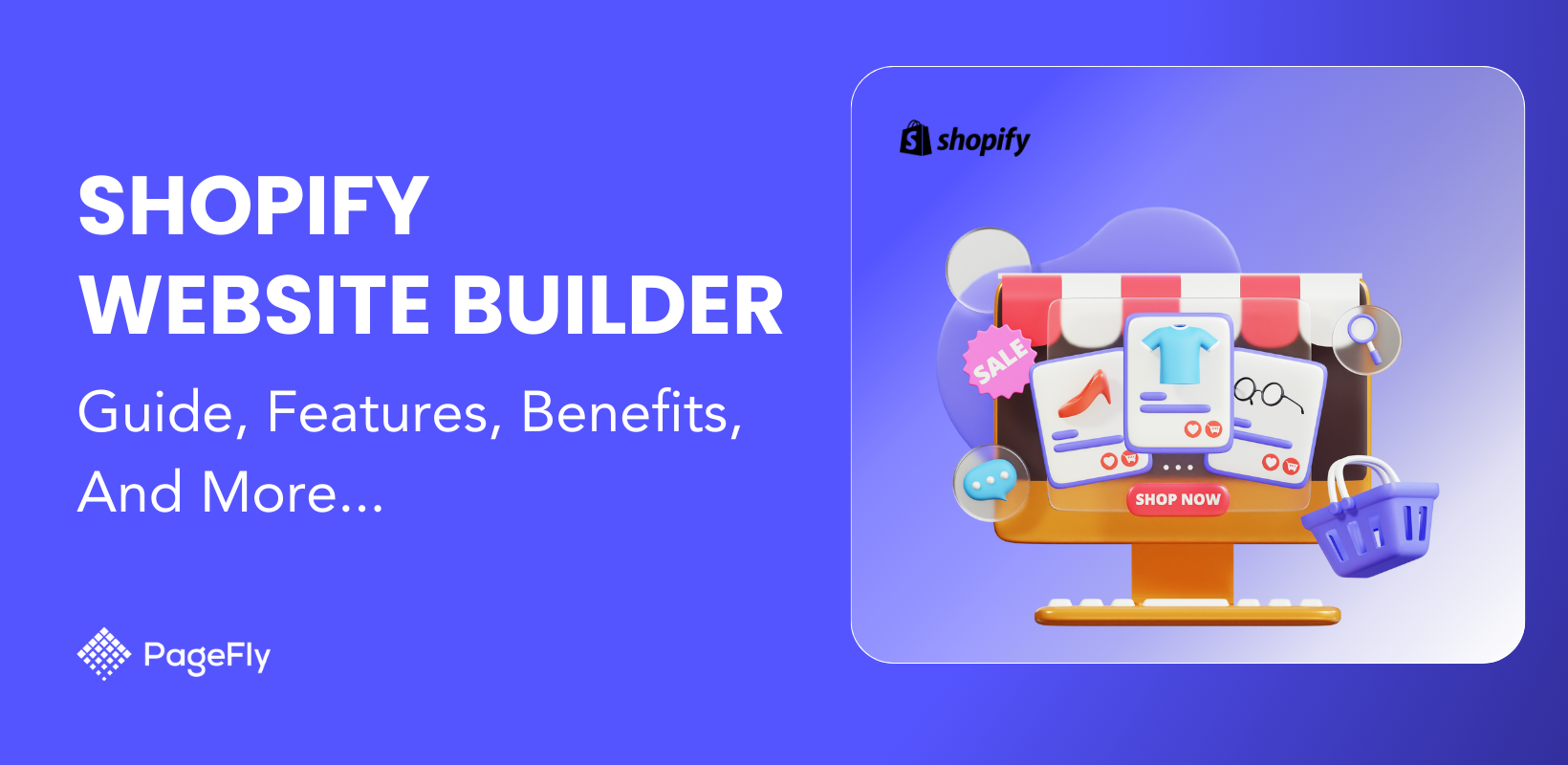Shopify Collective is a feature that allows you to choose and use products from United States companies and seamlessly add them to your own store. To know more about this feature, let us dig deeper into how Collective works, its benefits as well as the process of getting discovered by other brands.
What is Shopify Collective?
Shopify Collective is a free tool that lets retailers connect with suppliers - other Shopify stores to sell each other’s products. It helps merchants expand their product catalog without holding inventory.
Shopify Collective solution enables seamless collaboration between businesses, allowing retailers to expand their product offerings without managing physical inventory.

Understanding Shopify Collective
At its core, Shopify Collective functions as a centralized hub where retailers can discover and partner with verified suppliers. The platform streamlines the traditional wholesale model by providing a digital infrastructure for product sourcing, order management, and fulfillment operations. This system enables retailers to focus on growing their business while suppliers handle inventory and shipping.
Is Shopify Collective Right for You?
For retailers seeking to expand their product catalog without significant upfront investment, Shopify Collective offers a compelling solution. The platform is particularly valuable for businesses looking to:
- Test new product categories with minimal risk
- Scale operations without warehouse expansion
- Access curated, quality suppliers
- Maintain brand consistency while diversifying offerings
This collaborative approach to commerce helps businesses grow sustainably while maintaining control over their brand experience and customer relationships.
You can watch this brief introductory video about Shopify Collective:
Shopify Collective vs. Traditional Dropshipping
Shopify Collective differs from traditional dropshipping by offering curated products from vetted suppliers within Shopify’s ecosystem. Unlike dropshipping, Collective gives retailers more control over partnerships while suppliers maintain branding and pricing transparency.
| Feature | Shopify Collective | Traditional Dropshipping |
| Inventory Management | No | Yes |
| Supplier Control | Higher | Lower |
| Product Selection | Curated Shopify Stores | Any global supplier |
| Branding & Pricing | Supplier sets price | Often limited control |
| Integration | Seamless (within Shopify) | Requires third-party apps |
How Shopify Collective Works
Shopify Collective works by linking retailers with suppliers, enabling seamless product integration and automated order processing. The system facilitates seamless product integration and order fulfillment while maintaining brand consistency across all touchpoints.
Shopify Collective for Retailer
Retailers using Shopify Collective gain access to a curated network of verified suppliers through an intuitive interface. The process works in three simple steps:
- Connect with Suppliers: Browse and select suppliers through Shopify Collective.
- Import Products: Add supplier products to your Shopify store.
- Manage Orders: Use Shopify Collective for automated order fulfillment.
Once integrated, the platform handles inventory syncing and order routing automatically, allowing retailers to focus on growing their business and marketing their expanded product catalog.
Shopify Collective for Suppliers
How to use Shopify Collective as a supplier? Suppliers can join Shopify Collective by installing the Shopify Collective sales channel, either through a retailer's invitation or directly from the platform's landing page. Suppliers participate in the ecosystem by:
- Upload Product Catalogs: Add your products to Shopify Collective, ensuring accurate descriptions and pricing.
- Set Wholesale Prices: Define your wholesale prices for retailers.
- Configure Shipping Details: Specify shipping rates and estimated delivery times.
The system provides suppliers with real-time inventory management tools and automated order processing capabilities. When a customer places an order through a retailer's store, suppliers receive immediate notifications and can process shipments efficiently through their preferred carriers.
This interconnected approach ensures both parties benefit from automated workflows while maintaining control over their respective operations. The platform's infrastructure supports scalable growth while minimizing operational complexity for all participants.
Benefits of Using Shopify Collective
Shopify Collective helps retailers sell curated products from Shopify suppliers without inventory management. Suppliers, in turn, expand their reach without complex integrations. Key benefits include seamless fulfillment, increased sales, and easy product syncing.
- No inventory risk for retailers
- More sales channels for suppliers
- Seamless product & order management
- Built-in Shopify integration
- Expand product offerings without upfront costs
Reduced Inventory Management
The platform eliminates traditional inventory challenges by:
- Removing the need for physical warehouse space
- Automating stock level updates across all channels
- Minimizing the risk of overselling or stockouts
- Reducing capital tied up in unsold inventory
Manage it all on Shopify
You don’t need to stock the product collections on your own. You also don’t need to do anything regarding shipping or delivering these products directly to buyers. The suppliers are the ones who are tasked to send the products to your customers. You just have to collect the additional sales, the you are all set.
Increase average order value
The more products displayed in your store means bigger carts and larger sales. You can increase your store profit with margins of 20 to 40%. If you want to calculate your store's average order value (AOV), divide total revenue by the number of orders.
Shopify Collective is a tried and tested function by several brands out there. Take for example Ten Thousand, which is a fitness apparel brand, as they created remarkable success by making great use of Shopify Collective.

In just a week, they were able to connect with GORUCK, another brand, and finished integrating products, syncing inventory, managing and monitoring orders, as well as payments.
Shopify Collective helped both brands ship their items faster. GORUCK established new tock-keeping units (SKUs) directly in Shopify, added product description pages, and shared them with Ten Thousand through the price list to allow them to import and publish.
Now, Ten Thousand is investing more into brand collaborations as 16% of sales were driven by net-new customers fueled by Shopify Collective.
Offer seamless checkout
Your customers will not see anything different, and their experience will be remain as if they are purchasing the products from you directly. Shoppers can easily check out once done, no matter which brands are in their carts. They don't have to go check and scan different websites to do so, your store allows them to avoid time consuming shopping journey.
Expanded Product Offerings
Merchants can grow their catalog strategically by:
- Adding complementary product categories
- Testing new market segments with minimal risk
- Accessing seasonal items without long-term commitment
- Scaling product lines based on performance data
Simplified Logistics
The platform streamlines operations through:
- Automated order routing to appropriate suppliers
- Integrated shipping and tracking solutions
- Centralized order management
- Standardized return processes
Each benefit builds upon Shopify Collective's core strength of connecting retailers with suppliers efficiently. The platform's integrated approach ensures that both parties can focus on growth while maintaining operational excellence. Whether you're looking to expand your product range, optimize operations, or enhance customer experience, Shopify Collective provides the tools and infrastructure to achieve these goals effectively.
Shopify Collective Reviews: What Users are Saying
Understanding merchant experiences with Shopify Collective provides valuable insights for businesses considering the platform. Let's explore what users have shared about their journeys.

Positive Feedback
Merchants using Shopify Collective have highlighted several key advantages:
- Quick integration and setup process
- Enhanced ability to test new product categories
- Responsive supplier communication channels
- Efficient order processing systems
- Quality of available supplier networks
Many retailers appreciate the platform's intuitive interface and the ability to expand their product offerings without significant upfront investment. The automated inventory management features receive particular praise for reducing operational complexity.
Common Concerns and Issues
While the platform offers numerous benefits, users have noted some areas for consideration:
- Initial learning curve when setting up supplier relationships
- Need for clear communication about shipping timeframes
- Importance of thorough supplier vetting
- Adjustment period for customer service processes
- Managing customer expectations with varied shipping times
The platform team actively addresses these concerns through regular updates and improved documentation. Many users report that initial challenges are outweighed by long-term benefits once they become familiar with the system.
Merchants emphasize the importance of choosing suppliers carefully and maintaining clear communication channels to ensure smooth operations. The community aspect of Shopify Collective allows users to share best practices and solutions, creating a supportive environment for growth.
Shopify Collective Retailer: How to Use Shopify Collective as a Retailer?
How to Use Shopify Collective as a Retailer? To use Shopify Collective, retailers connect with suppliers, import products, and manage orders through the platform.
Starting your journey with Shopify Collective requires careful preparation and understanding of the platform's requirements. Let's explore the essential steps to begin your integration.
Eligibility and Requirements for Retailers
To join Shopify Collective, retailers must meet specific criteria:
- Active Shopify store with consistent sales history
- Professional brand presentation and website design
- Established customer service infrastructure
- Compliance with platform policies and guidelines
- Valid business documentation and tax information
These requirements ensure a quality experience for all participants in the ecosystem.
Setting Up Your Retail Store on Shopify Collective
Once you meet the eligibility criteria, follow these steps to launch:
- Platform Integration
- Apply through your Shopify admin dashboard
- Complete the business verification process
- Configure your store settings for integration
- Supplier Connection
- Browse available suppliers in your category
- Submit partnership requests to chosen suppliers
- Set up communication channels
- Store Configuration
- Configure pricing rules and margins
- Set up shipping preferences
- Customize product displays
- Enable inventory sync settings
The entire setup process typically takes a few business days, including verification and initial supplier connections. Shopify Collective provides detailed documentation and support throughout the onboarding journey to ensure a smooth transition.
How Much is Shopify Collective? Pricing and Fees
Shopify Collective is designed to be a cost-effective solution for both retailers and suppliers, offering a transparent financial structure that integrates smoothly within the Shopify ecosystem. This approach avoids the hefty fees associated with traditional wholesale or the complexities of dropshipping. It’s particularly beneficial for eligible merchants based in the United States, providing an accessible platform for growth and collaboration.
Is Shopify Collective Free to Use?
Yes, Shopify Collective is free to use for eligible Shopify stores. There are no setup fees or high commissions. However, standard Shopify transaction fees still apply to orders processed through the Collective. This makes it a low-cost solution for retailers to expand their product catalog without managing inventory.
Understanding the Costs for Retailers
Currently, Shopify Collective is free for eligible stores based in the United States. This means retailers can join and use the platform without incurring any subscription fees or additional charges. This allows retailers to significantly expand their product offerings without the financial burden of upfront inventory costs, effectively reducing their financial risk.
The primary cost retailers will face is paying suppliers for the products they purchase, but this only occurs after a customer has placed an order and payment has been processed.
Retailers can generally expect margins to fall between 20% and 40%, but this can vary based on the supplier's pricing and the retailer's own pricing strategy. To ensure smooth transactions, Shopify Collective uses automatic payments managed through Shopify Payments. Once a supplier marks an order as fulfilled, they are paid automatically. Retailers receive the full payment from the customer, and the cost price of the product is then automatically deducted from their Shopify Payments balance.
Understanding the Costs for Suppliers
Shopify Collective presents a valuable opportunity for suppliers to decrease operational costs, minimize risks, and boost sales without needing to increase their investment in marketing. There are no fees associated with using Shopify Collective, making it an attractive option for expanding reach and driving revenue. Suppliers gain access to a broader audience through trusted retail storefronts, increasing their exposure without the need for significant marketing or distribution investments.
Suppliers retain control by setting their wholesale prices, enabling retailers to strategically determine their retail prices and profit margins. Payments are received automatically through Shopify Payments whenever retailers successfully sell their products.
By leveraging Shopify Collective, suppliers can efficiently drive more sales and reduce operational costs, enhancing their overall business performance.
Examples of Success Stories
Lalo

Lalo, a brand launched in 2019, makes high-quality baby and toddler products, aiming to provide each parent great value. Lalo was founded by two dads, who, at first, knew so little about the challenges parents face when raising their kids.
Challenge
Lalo had always displayed and sold other stores' products on their site by using really complicated and time-consuming strategies for their everyday tasks. After experiencing a difficult system, they realized that they needed to simplify their processes so they could add partner brands to their product assortment.
Solution
When Lalo finally discovered Shopify Collective, they immediately invited another business on Shopify, which is PlanToys, to officially connect. They had already been collaborating with PlanToys, but doing it through Shopify Collective made it faster and a lot easier. They can share products and price lists through their Shopify admin straightforwardly. All Lalo had to do was to import and activate all of them. Then, within minutes, customers of Lalo could successfully purchase PlanToys on Lalo's site.
Results
Lalo's AOV significantly increased by 16% when the order included Shopify Collective products, with no additional customer acquisition costs (CAC). According to them, Collective offers a very low-risk way of generating additional revenue while adding more value to their customers.
Lalo is just one example among others that also witnessed a massive increased in AOV. This simply proves that with appropriate effort and added methods, you can also reach your desired success.
Conclusion
Collective is a trouble-free way for Shopify stores to join and sell each other's products. With Shopify Collective, you can build partnerships with other stores and increase customer engagement. You can sell complementary products from well-known Shopify brands, without any inventory costs or commitments. Meanwhile, if you choose to be a supplier, then you can expose your brand to new clients, and work on an entirely new sales channel.
To explore more, check out: Shopify Blog Templates
Shopify Collective FAQ
Shopify Collective is a feature that enables Shopify merchants to collaborate by selling each other's products directly on their own websites. This allows retailers to expand their product offerings without holding inventory, while suppliers can reach new customers through established stores.
To qualify for Shopify Collective, your store must meet the following criteria:
- Be based in the United States.
- Sell products in USD currency.
- Have Shopify Payments enabled.
- Have generated at least $50,000 in sales over the past 12 months.
Additionally, to become a supplier, your store should be active on the Shop App and adhere to the Shop merchant guidelines.
Shopify Collective is free to use for eligible merchants. There are no subscription fees or additional charges to access the feature. However, standard transaction fees and payment processing fees associated with Shopify Payments still apply.
To enable Shopify Collective:
- Log in to your Shopify admin panel.
- Navigate to the Shopify Collective page and click "Get Started."
- If your store is eligible, you'll receive an invitation email from Shopify.
- Open the email and click on "Install Shopify Collective."
- In your Shopify admin, click "Add Sales Channel" to integrate Shopify Collective into your store.
Once installed, you can configure settings, connect with partners, and manage products within the Shopify Collective sales channel.
To install Shopify Collective:
- Ensure your store meets the eligibility criteria.
- Visit the Shopify Collective landing page and click "Get Started."
- Check your email for an invitation from Shopify and follow the installation link.
- In your Shopify admin, select "Add Sales Channel" to complete the installation.
After installation, you can start connecting with other Shopify merchants to expand your product offerings or distribute your products through partner stores.
Shopify Collective is available to select Shopify merchants based on eligibility criteria set by Shopify.
Shopify Collective enables direct partnerships between merchants, whereas traditional wholesale typically involves distributors and bulk purchasing.




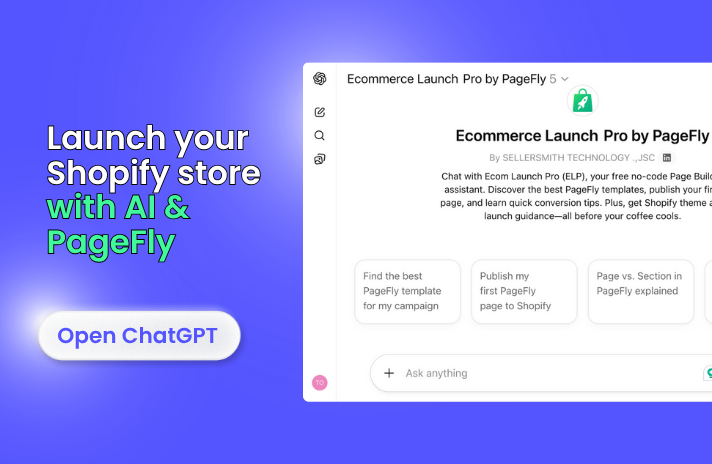
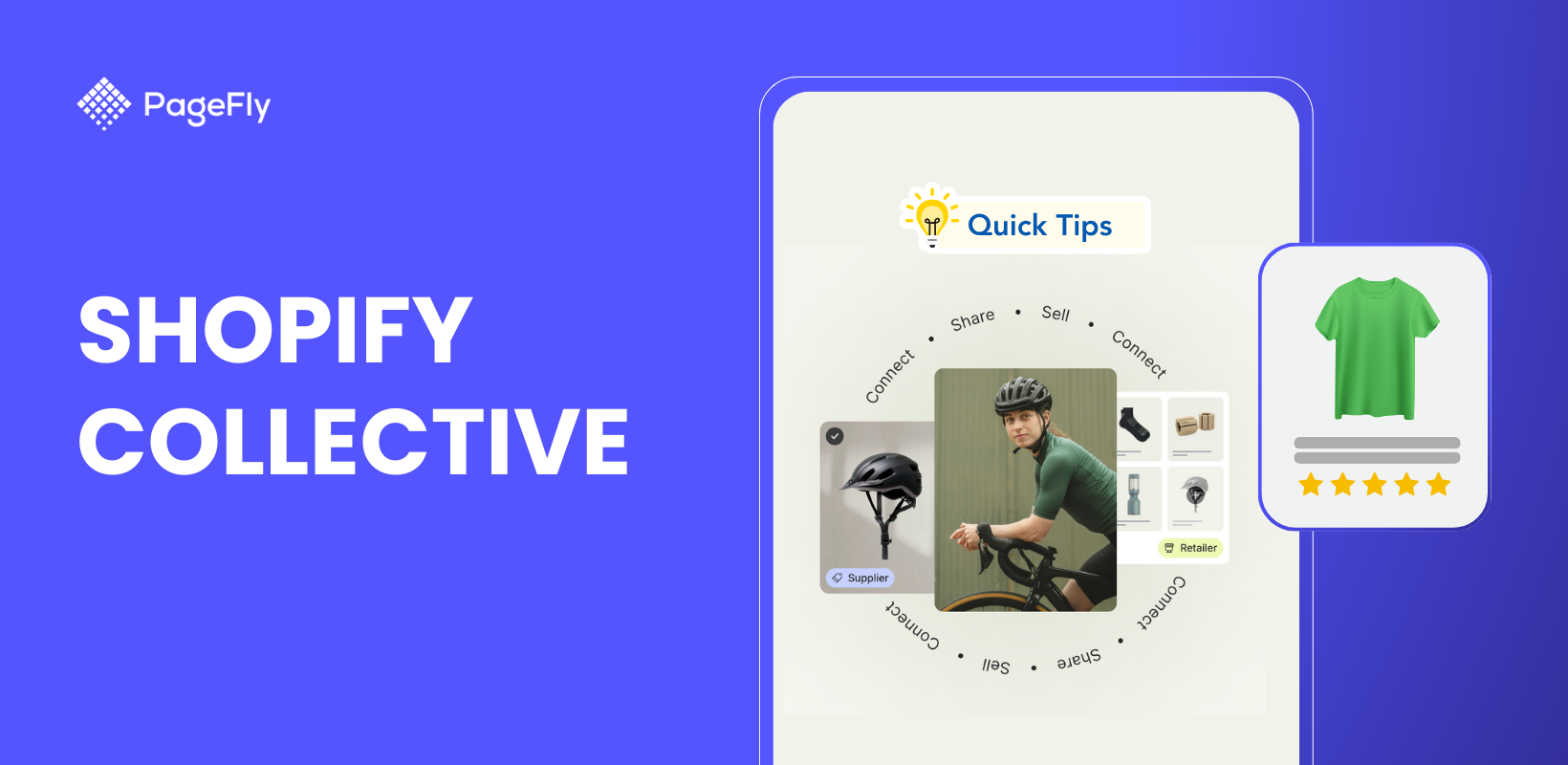

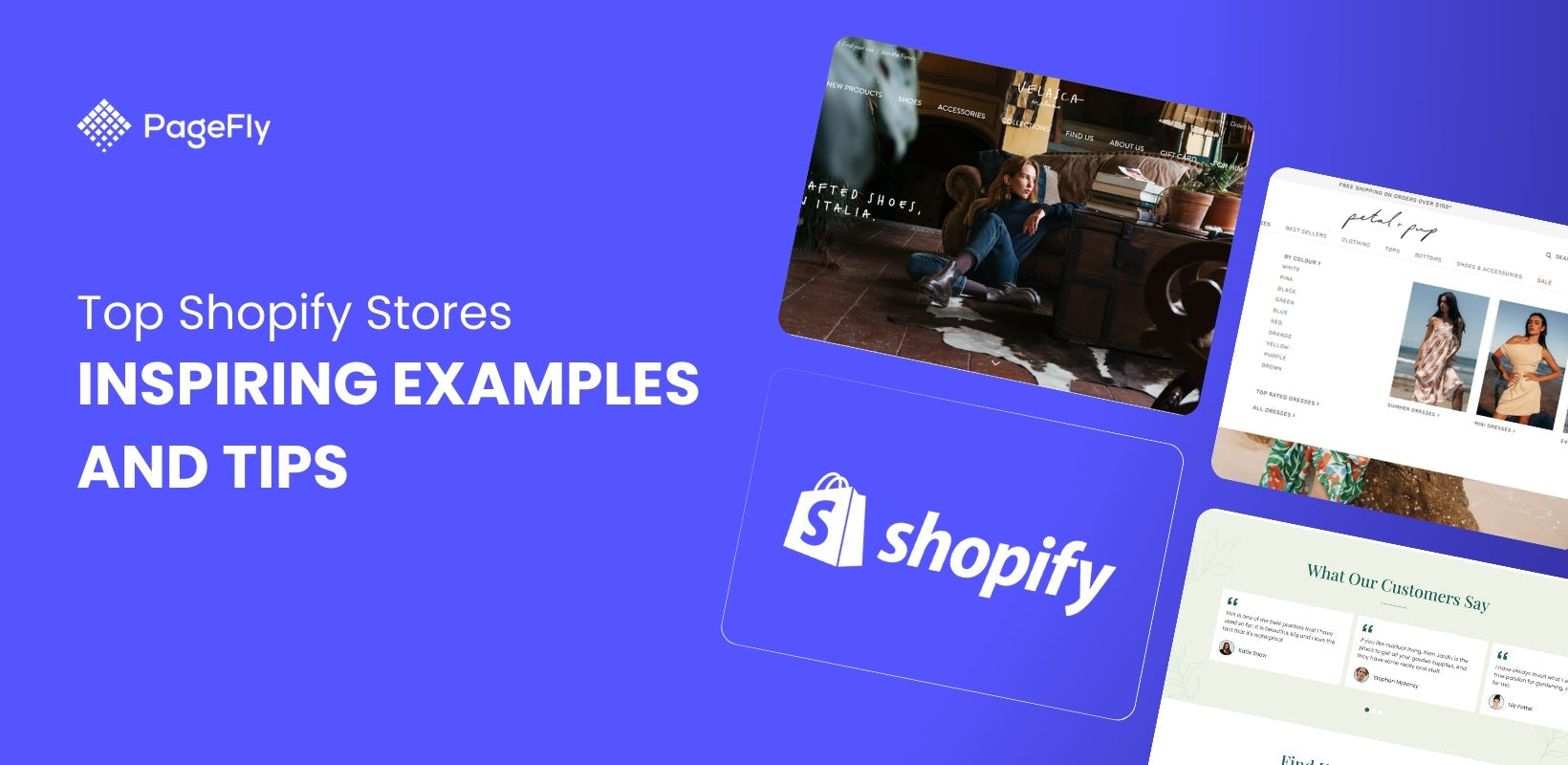
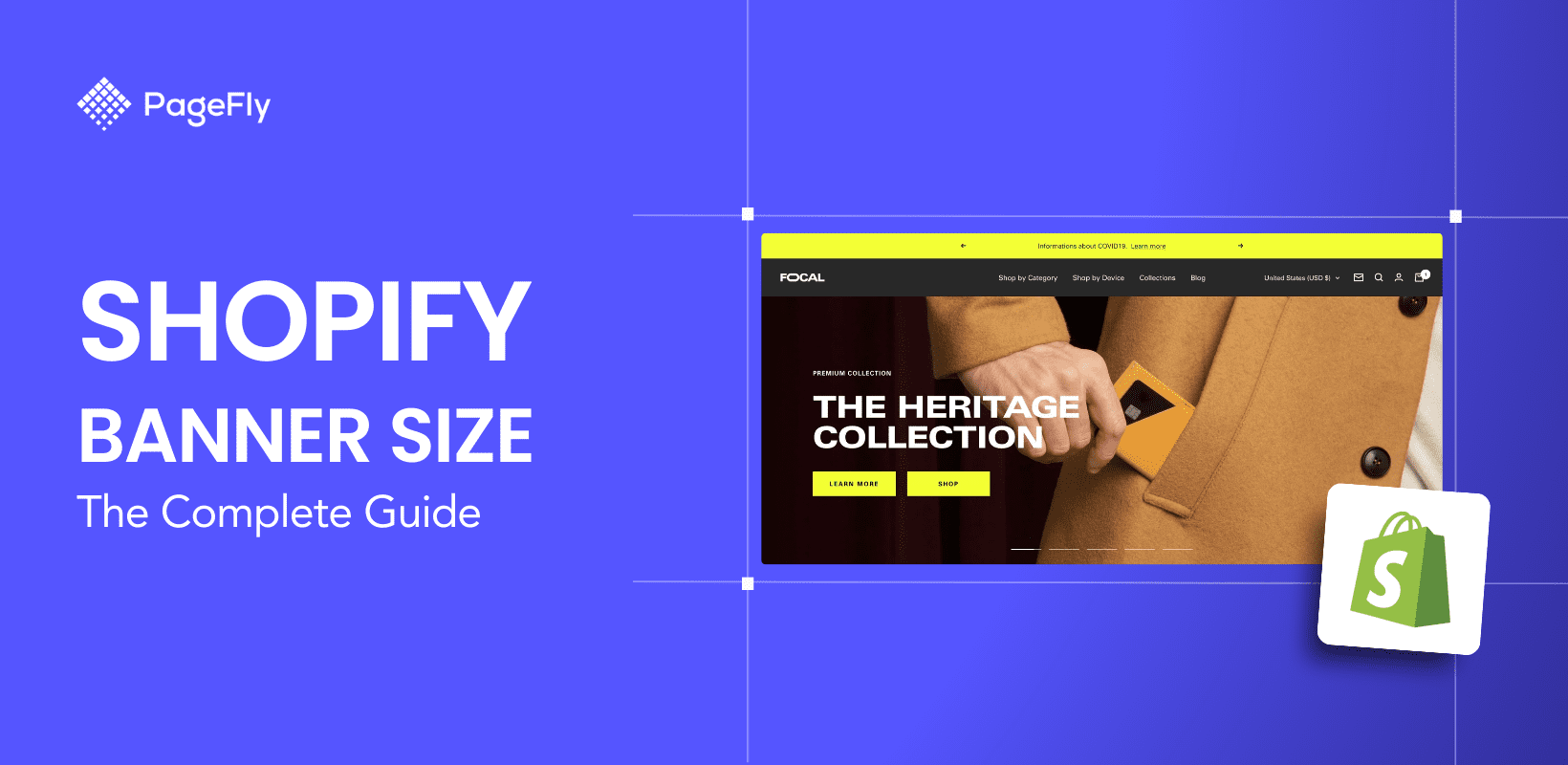


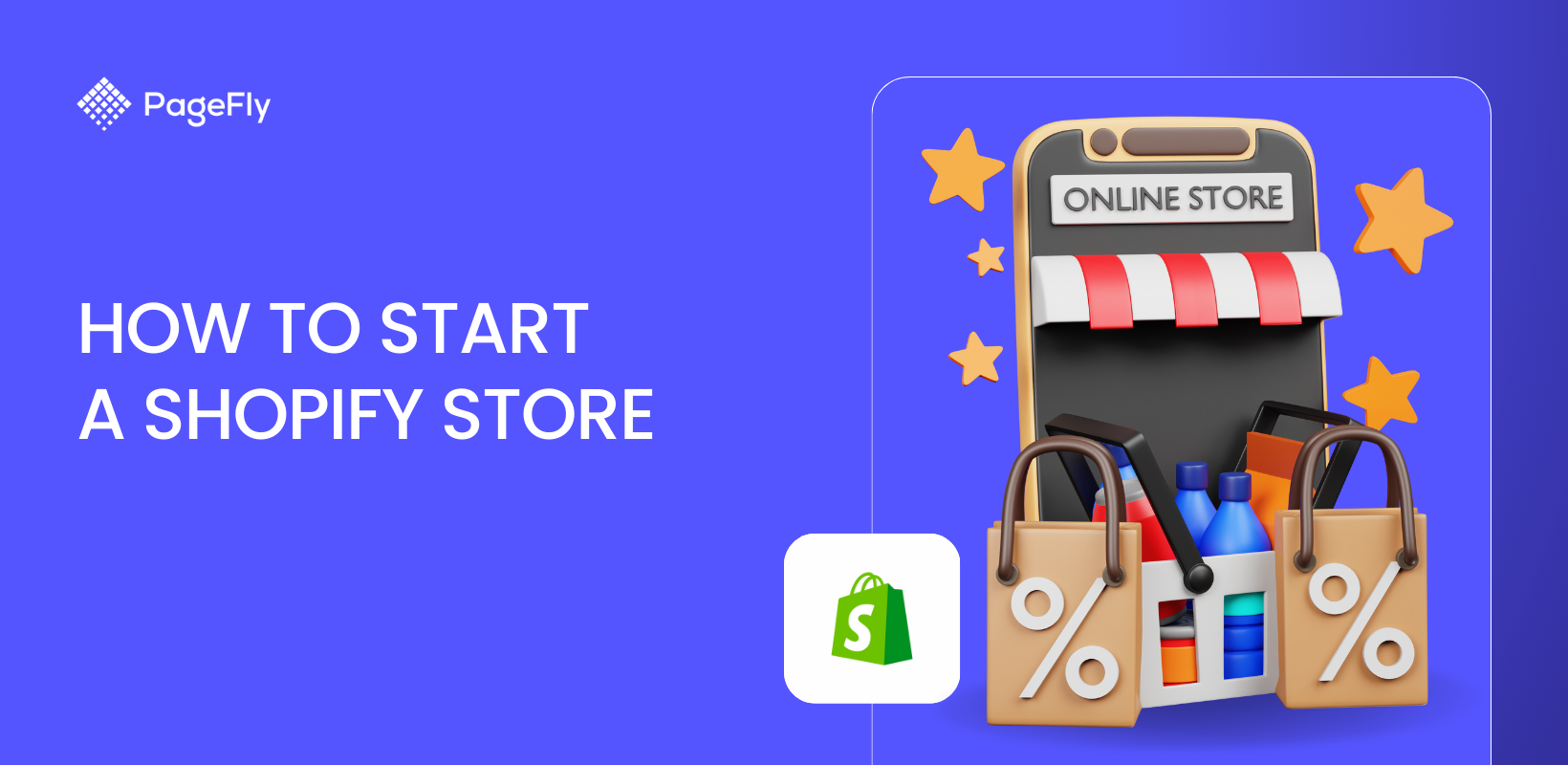
![27 Best Shopify General Stores + Complete Strategy Guide [2025]](http://pagefly.io/cdn/shop/articles/Best_Shopify_General_Stores_2f9d09f2-7c38-4da9-a495-e9f4898ddd68.jpg?v=1757271936&width=1640)
